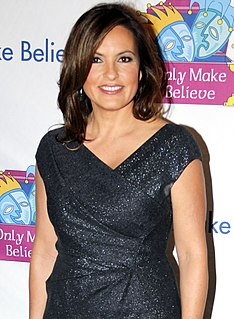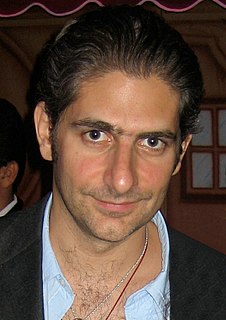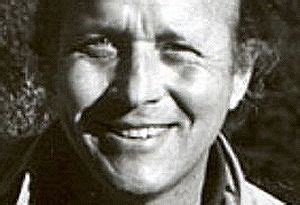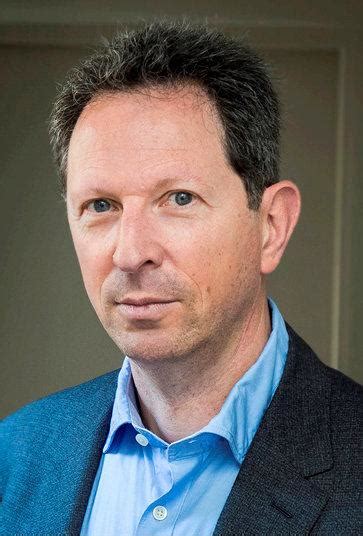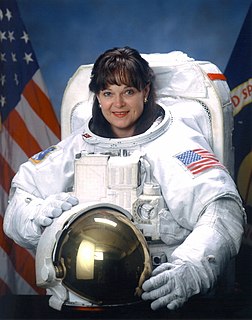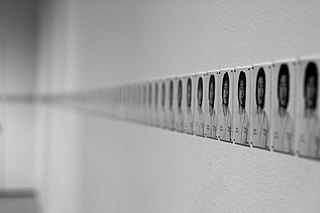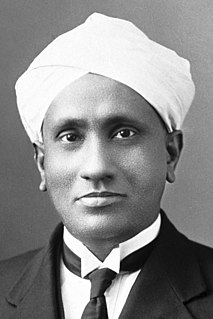A Quote by Cynthia Ozick
Every writer aspires to recognition , and it comes entirely privately, without public fanfare, each time a piece of work is judged worthy of publication.
Related Quotes
By this point, it was clear she wasn't interested in continuing the relationship. What publication on earth would continue a relationship with a writer who would refuse to discuss her work with her editors? What publication would continue to publish a writer who attacked it on TV? What publication would continue to publish a writer who lied about it - on TV and to a Washington Post reporter? ... It's true: Ann is fearless, in person and in her writing. But fearlessness isn't an excuse for crappy writing or crappier behavior.
The experience that a publication creates for its audience is the very essence of that publication's brand - and without deep engagement, that publication's brand will be weak. A good publication is a convener and an arbiter - it expresses a core narrative that becomes a badge of sorts for its readership.
I grew up with the understanding that the world I lived in was one where people enjoyed a sort of freedom to communicate with each other in privacy, without it being monitored, without it being measured or analyzed or sort of judged by these shadowy figures or systems, any time they mention anything that travels across public lines.
I learned to pick up each piece, one at a time, from my pile of potential matches and try to fit it from any angle into the socket, then discard it and move on. Each failure is meaningless. It's not me, it's the pieces, and I have to, absolutely must, try each and every piece every possible way until I find one that fits. They aren't failures, they're steps, small bits of progress.
I was a first-time writer, so I did as I was told. I hadn't realized it (the original book) had survived, so was surprised and delighted when my dear friend and lawyer Tonja Carter discovered it. After much thought and hesitation, I shared it with a handful of people I trust and was pleased to hear that they considered it worthy of publication. I am humbled and amazed that this will now be published after all these years.
One of the things that makes it so challenging is that we're constructing the Station hundreds of miles above the surface of the Earth and we're doing it one piece at a time For the International Space Station we do not have the privilege of assuming the Space Station is on the ground before we take it up one piece at a time. So we have to be very clever about the testing that we do and the training that we do to make sure that each mission is successful, and that each piece and each mission goes just as it's planned.
I perform in art time and in real time, and you can't tell the difference - no one knows how to separate a real act from an art act in my work. When I lived on the street for a year, people only knew that I was homeless. They didn't know that I was an artist doing a piece. I have to use real time in my work. I do, however, have to find a subtle way of documenting real time, in order for people to have a response. That means punching into a work clock every hour in the case of one piece.
Every reader, as he reads, is actually the reader of himself. The writer's work is only a kind of optical instrument he provides the reader so he can discern what he might never have seen in himself without this book. The reader's recognition in himself of what the book says is the proof of the book's truth.

